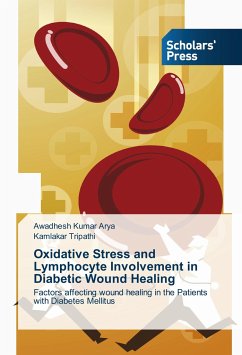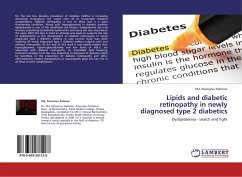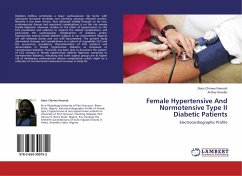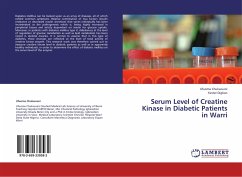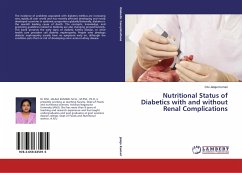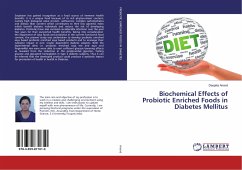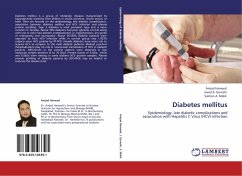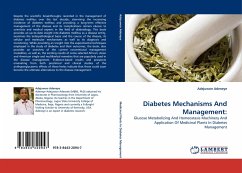Wound healing is a natural curative reaction to tissue injury involves the interaction of a complex flow of cellular events that generates resurfacing, reconstitution, and restoration of the tensile strength of injured tissue. Diabetic patients are suffering from delayed wound healing due to abnormality in the progression of normal wound healing phases. Lymphocytes are playing central role in wound healing and its augmented apoptosis due to hyperglycemia leads to delayed wound healing. Prolonged delayed wound healing revolves into chronic wounds which finally ended by amputation. We showed that oxidative stress is playing one of the major role in attenuation of lymphocyte apoptosis in diabetic patients. Better understanding of factors involved in lymphocyte apoptosis may be important to open new traditions for the management of wound healing.
Bitte wählen Sie Ihr Anliegen aus.
Rechnungen
Retourenschein anfordern
Bestellstatus
Storno

